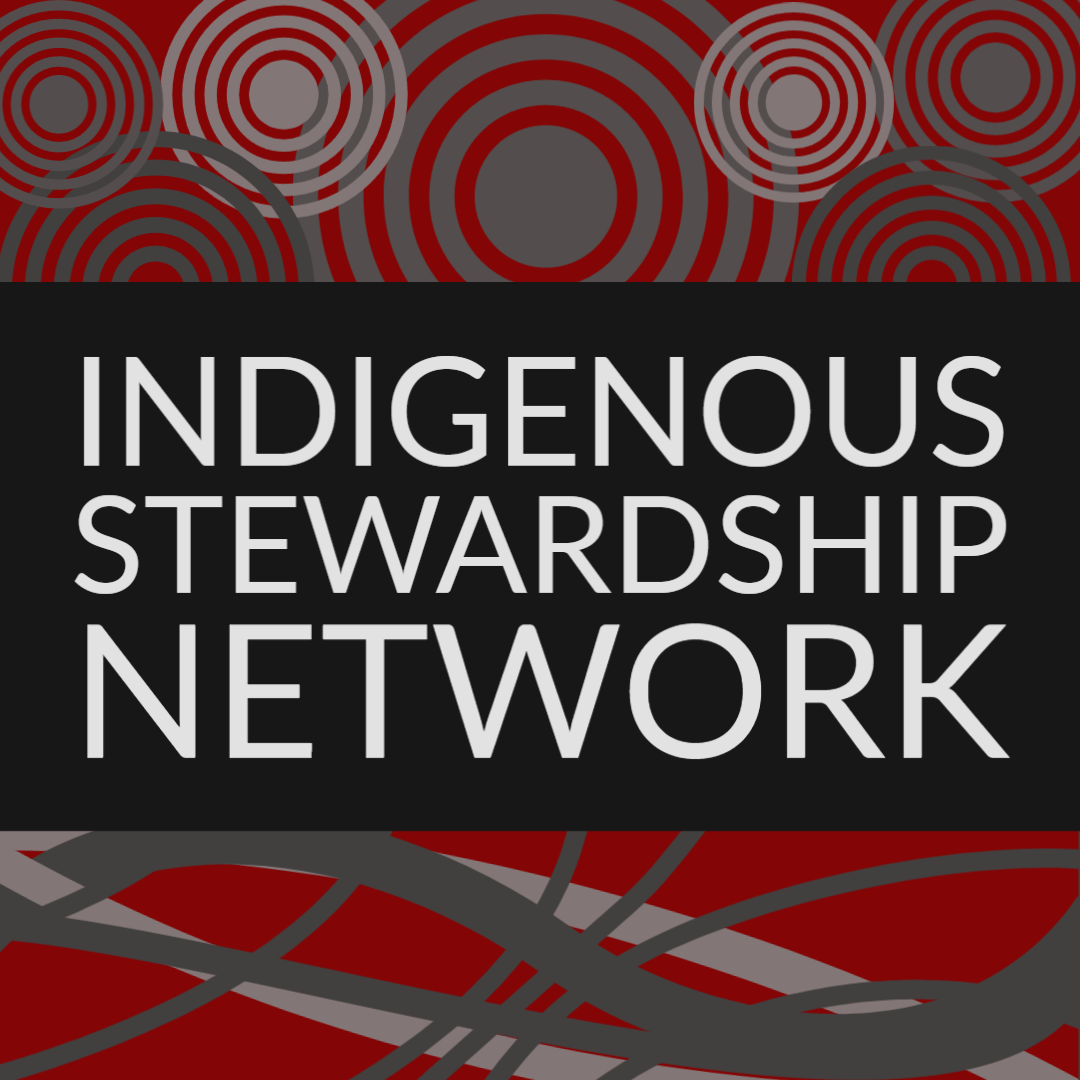Advocacy: A Collective Voice
ISN's advocacy is responsive to community concerns and needs. It will take many forms, including advocating for increased funding from state and federal agencies, private philanthropy, narrative change efforts, representation by ISN members on panels, educating allies about critical issues, increasing Indigenous presence through stewardship in the field, and launching campaigns to enact change.
